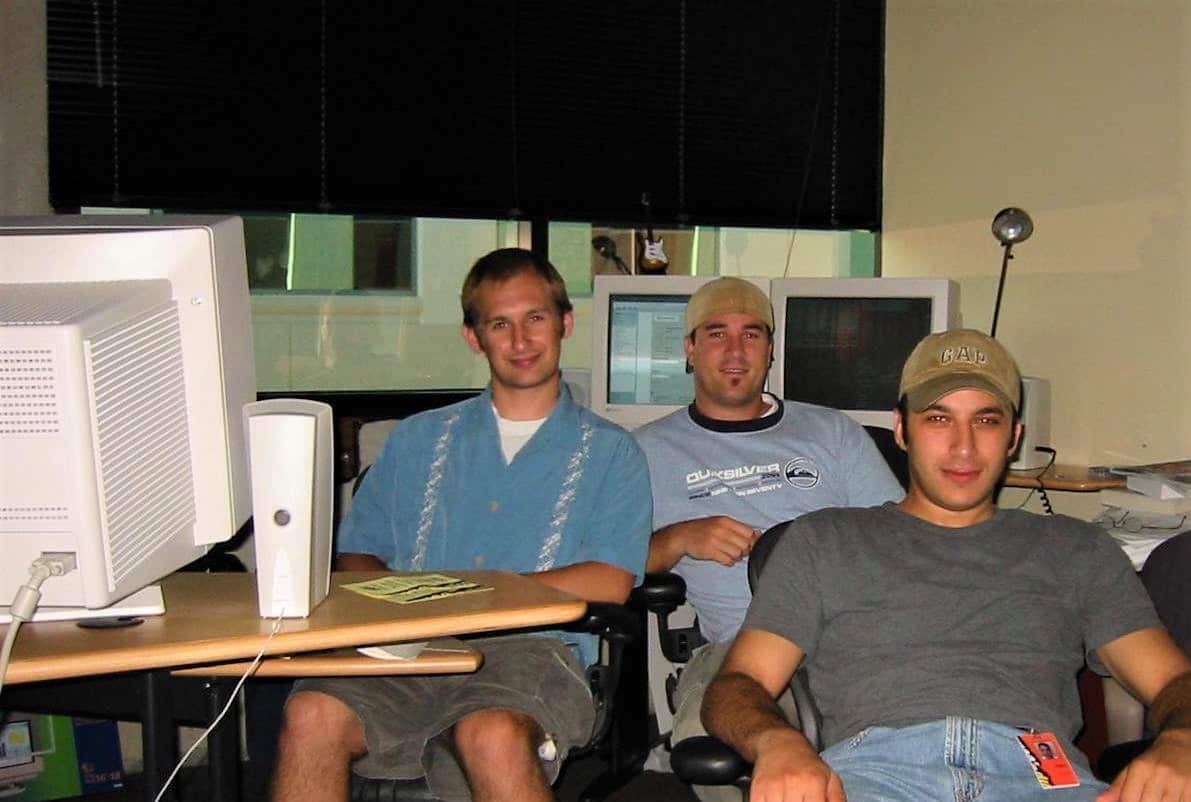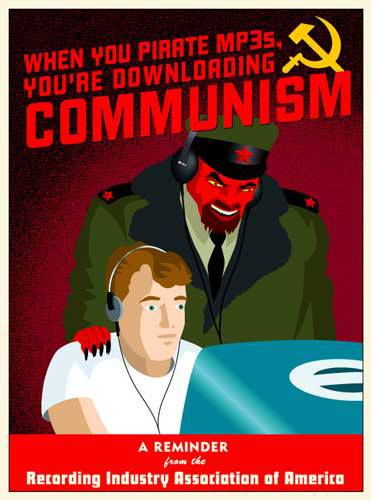Tom Walpole got swept into the MP3.com mania the first week of August 1999, just after the digital music pioneer’s highly successful IPO. The environment at MP3.com was electric and a huge infusion of cash had produced a hiring frenzy. Walpole joined MP3.com as a 23-year-old quality assurance engineer, surrounded by coding icons like Josh Beck, Sander Van Zoest, David Story, Dave Harry, Joshua Stevens, Mike Oliphant, Matt Dimeo, John Knott, Eric Williams, and James Moore, to name a few.


Tom Walpole and the team at MP3.com
“If we were the mafia, I was a nameless goon and our Don Corleone was VP of Engineering, Dan O’Neill, affectionately known as ‘Dano,’” says Walpole, who quickly realized he didn’t want to spend the rest of his career in QA so he learned how to code and joined MP3.com’s Content Acquisition and Management team.
After Walpole’s career-changing experience at MP3.com, he moved on to other local tech companies such as Websense and Napster.
Below is a detailed personal account of Walpole’s experience with MP3.com, how it shaped his career, and the evolving San Diego tech scene.
An Engineer’s Personal Account of the Digital Music Pioneer’s Electric Environment
In my mind, I always felt so fortunate to be surrounded by such smart and talented folks at MP3.com, and I tried hard to soak up as much knowledge as I could. They were all passionate about music. In fact, fellow engineer (and great friend) Karl Cabbage and I started a blues band together – West of Memphis, which became the house band at House of Blues for years and won a Best Blues Band San Diego Music Award.
One of the most important things I learned at MP3.com was that a powerful cocktail is produced when you mix together a bunch of highly skilled people who are all passionately rallying behind an idea. This is the thing I think a lot of us MP3.com alumni are working to reproduce here in San Diego today.
Building “The Bomb”
As part of the Content Acquisition & Management team at MP3.com, I got to be involved in some pretty epic projects. One of those projects was called “the bomb.” This was the thing that was going to change the music industry. Unfortunately it was also what would eventually be the downfall of the company.
We built dozens of servers that would work day and night. These servers automatically ripped, digitized, and cataloged the audio from thousands of the most popular albums. We built the largest catalog of high quality digital audio in the world. For any MP3.com user to have access to this content, all they had to do was prove they had their own copy of the album by putting their CD in their own drive. We had a desktop app that would verify it in a matter of seconds. Then we would unlock their digital locker. It was revolutionary. Unfortunately, at the time, it was also considered illegal.
Digital Music Rebirth and Napster
Around the same time, another company, Pressplay, had a similar vision. However they didn’t have access to engineering talent like ours so they decided to work with us. Our team took on a project to help Pressplay rebuild its music store. Think of it as iTunes – before there was iTunes. Also at the same time, Napster was in trouble for illegally facilitating sharing of copyrighted files and was going through bankruptcy.
The Napster brand was for sale and Pressplay saw the opportunity. Pressplay’s move was to take their idea of an online digital music store, powered by MP3.com’s technology. Then slap the Napster brand on it for instant household recognition. It was a great strategy, but they needed money to pull it off. Enter Roxio. Roxio had made a ton of cash providing desktop MP3 ripping/burning software. However, they saw the imminent move that audio would no longer be stored on CDs but online.
Roxio performed a massive pivot and sold their cash-cow desktop app and put everything into Pressplay’s idea. The new company was re-birthed as Napster, the online music store.
Becoming the San Diego Napster Office


As the Napster deal closed, my colleagues and I – Hani Anani, Ryan Blomberg and Eric Valenzuela – had been working closely with Pressplay’s business folks to build out their technology. So we were the ones lucky enough to be first on the life raft that was leaving the sinking MP3.com.
This was the team that would become the San Diego Napster office. This was also the beginning of the end of MP3.com, as evidenced by our eventual listing on fuckedcompany.com, which, looking back, is really more of a rite of passage than anything.
The former MP3.com employees dispersed but all kept in touch. For many years, we held an annual Memorial Day BBQ at La Jolla Cove. We’ve stayed in touch on a Yahoo! group and then more recently, a Facebook group. Many people have gone on to work for prolific tech companies like Intel, Facebook, Google, Twitter, Apple, Yahoo!, Amazon, Zynga, GoPro, etc…. Many of us also stayed and started or have been early employees at successful San Diego companies. Today we’re giving back to the community in the form of mentorship at accelerators like Evonexus and The Founder Institute.
Riding the MP3.com wave
As for me, I have ridden the wave. After Napster, I worked for Derrick Oien and Shawn Conahan at their startup Intercasting, which was mobile social networking before the iPhone and Facebook, and was acquired by Good Technologies. Then I got picked up by Switchvox, which included Joshua Stevens, Brian Degenhardt, Tristan Barnum, and David Podolski and was acquired by Digium. Then I became Director of Engineering at Pathway Genomics (still in business), where I was hired by a guy who had previously worked with my best friend and former MP3.com officemate Ryan Blomberg at Eventful (founded by MP3.com alumnus Brian Dear).
I also spent a brief stint at Websense (acquired by Raytheon). There I was reunited with a couple of other former MP3.com colleagues. More recently, I’ve broken free of the network, but only by degrees – I was CTO of Sparkfin (acquired by Stocktwits), founded by Jason Pang, who was an early employee at Divx. We, of course, had many mutual friends that had left MP3.com who joined Divx.
New beginnings
Somewhere in there after Pathway Genomics, I also started my own company with my wife, Kim. That company, Wembli, took shape after we graduated from the Founder Institute. Founder Institute is a global accelerator with a branch here in San Diego. Wembli eventually fizzled out as we recognized it was more of a feature than a company. Although we had the skill, we didn’t have that other critical ingredient, passion.
We finally did stumble into our own though when we co-founded (along with Mike Nicoletti) Trials.ai close to three years ago, of which I am currently CTO. We bootstrapped it until January this year when we closed our first round of $750,000. We have about 15 employees now and we’re currently raising a series seed of $2.5 million, already with a ton of interest, thanks in part to our participation in Evonexus, NexCubed and DreamIt accelerators.
Being a part of this unique community of former MP3.com employees has shaped me as a technologist, entrepreneur and as a person. I feel extremely blessed, thankful and fortunate to have had this experience. It’s a fun, unique bit of San Diego tech history that really has had an impact in this town.
Editor’s Note: This is part three of a multi-part series on MP3.com and the digital music scene amped by the radical entrepreneurs and the culture they created locally. You can find part 1 and part 2 here.
Neal Bloom is a serial San Diego entrepreneur, angel investor, and organizer of the San Diego tech ecosystem including Startup San Diego and San Diego Startup Week. Andrea Siedsma is a long time San Diego tech, science, and business journalist.





